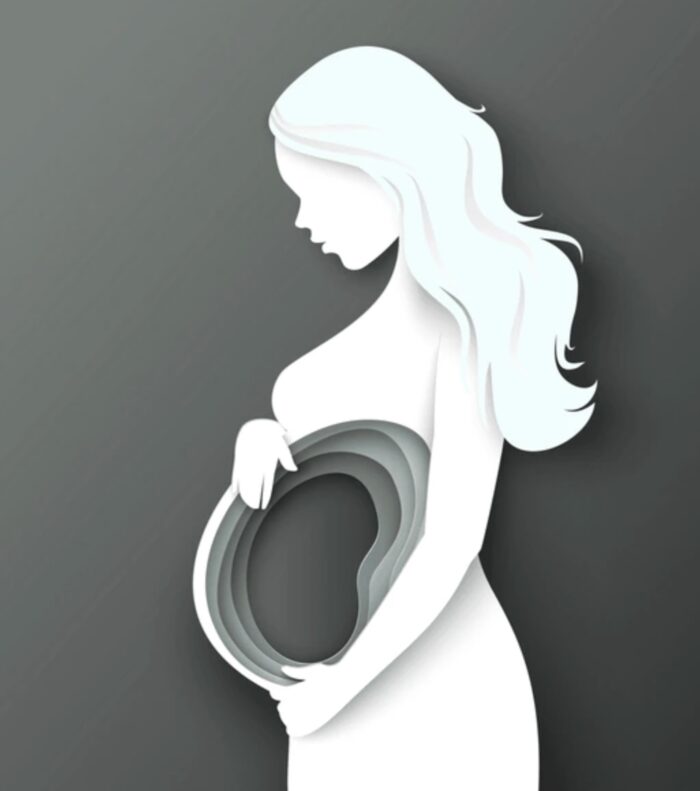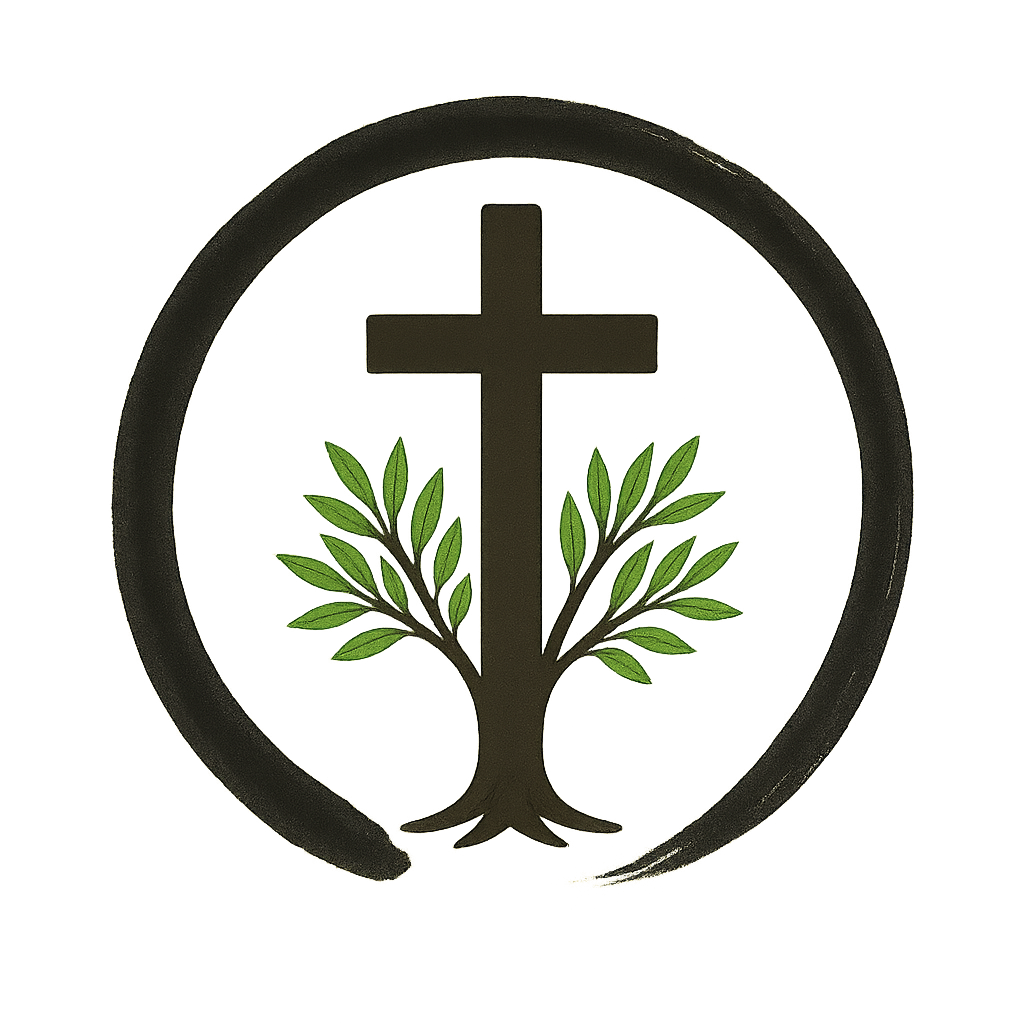Abortion is Murder – The Devouring Mother and the Language of Repression
Every era reveals its wounds in how it deals with life and death. Our time is characterized by a peculiar reversal: what once protected life now determines its end—in the name of freedom, compassion, or care.
1. The Shadow of Compassion
The gesture appears merciful, yet beneath it lies exhaustion and fear. It is not the gaze of Mary, bearing life in humility, but that of the devouring mother, who acts not out of love, but out of fear. She loves without spirit—and her love turns inward, becoming possession.
2. The Devouring Mother
In C. G. Jung's language, the devouring mother is the shadow of the archetype of the feminine. She is the one who once nurtured and protected, but when she detaches herself from spirit, she becomes a power that no longer sustains, but suffocates. Her nurturing becomes control, her mercy domination, her compassion an impulsive reaction that eliminates what it cannot bear.
Abortion, in this sense, is a symbol: the image of a culture that can no longer bear what it produces. It destroys not out of hatred, but out of fear of being overwhelmed by life itself. What was once the womb of creation becomes a place of negation.
3. The Flight from Meaning
Where transcendence fades, meaning disintegrates into psychology and responsibility into feeling. Modern man can no longer bear the weight of his actions and takes refuge in language.
New terms emerge, words that soften the unspeakable: "choice," "intervention," "interruption." Language becomes an anesthetic. It creates distance from the sacred, and what should be an act of reverence becomes the technical correction of fate.
This linguistic obfuscation is not a conscious deception, but an expression of fear—the fear of having to endure life and death without mystery.
4. Compassion Without Spirit
At its core lies a compassion that has lost its depth. It seeks to avoid pain, not to transform it. It acts quickly, impulsively—to restore balance. But true compassion, which springs from the spirit, does not eliminate suffering, but transforms it through love.
What is called mercy is often exhaustion: the inability to bear life's burden, the cry of a culture that cannot sustain its own fruit. Thus, the pity that kills becomes a reflection of our age—a love without depth, a compassion without spirit.
5. The Loss of Relationship
When the relationship with the Creator is lost, life becomes property. It is measured, weighed, judged—according to utility and convenience. But what one possesses, one may also discard.
Thus, what was once an act of reverence—receiving life, protecting it, saying yes to the unknown—becomes a calculation. Without mystery, the womb becomes a decision, no longer a revelation.
But the soul knows. Deep within, a silent knowing remains, a sorrow for a mystery that has been cut short.
For a life without morality is merely existence. Without a connection to the spirit, humanity loses its center; it lives, but it is no longer alive. It moves, but it no longer grows. It survives—without becoming.
Without God, humanity loses its soul and becomes a machine—functional, controllable, interchangeable. A being that can be killed without conscience or morality offering any resistance. For whoever no longer recognizes the sacred in humanity can also justify its destruction.
5a. The False Cloak of Self-Determination
Modern humanity hides its fear of life behind the word "self-determination." What sounds like freedom is often nothing more than selfishness—the attempt to free itself from any obligation to life. Thus, self-determination becomes a false cloak under which the ego sanctifies its boundlessness.
But the life that grows in the womb is not a possession, but a being in its own right, with its own will, its own soul. The child is not part of the mother, but a guest in her womb—a new individual called by God.
In the archetypal sense, the unborn child corresponds to the germ of the divine, which longs to be incarnate in the world. Whoever rejects it rejects the unknown that could transform the soul itself.
Here, too, the paternal principle would have its place—not as power, but as guardian. The father symbolically represents order, direction, and protection. Yet in our time, even this task has been taken from him. He can no longer protect his child. The life that has come from him is no longer his responsibility, but rather subject to the interpretive authority of a society that has forgotten the paternal.
Thus, every abortion—symbolically speaking—also becomes a separation of father and child, a dissolution of the unity from which life was born. It is always also a violation of a paternal origin, which can no longer find expression.
And in the modern formula "My body, my choice" lies a deep inner division. For whoever carries life within them carries more than just their own body—they carry the mystery of creation. When this connection is severed, not only does the child lose its existence, but the woman's soul loses something of its own essence. Symbolically, this resembles an inner suicide: the destruction of one's own motherhood, the creative principle that sought to pass on life.
And the man's becoming a father is also extinguished—not as a biological, but as a spiritual force. Thus, the loss affects both: the feminine, which no longer gives birth, and the masculine, which no longer protects.
For where the maternal remains without the paternal, love becomes self-absorption. And what appears as care becomes fear, which kills.
6. The Path to Healing
The devouring mother is not evil—she is unconscious. She acts out of fear, not malice. Her healing begins when she realizes that love is not possession, and caring is not control.
True care does not mean avoiding the weight of life, but bearing it—in trust. Only when compassion is reconnected with the spirit does it cease to destroy and begin to create anew.
7. Silent Prayer
The task of our time is not condemnation, but awakening—recognizing in every destructive act a cry for healing.
Remembering that every life—even the unlived, even the discarded—remains part of a divine mystery.
And perhaps, one day, the devouring mother will recognize herself: no longer as a power that takes, but as a heart that bears; no longer as fear, but as love that can believe again.
It is not pity that saves life, but love that bears it. —Master Reding, Nigredo Monastery

